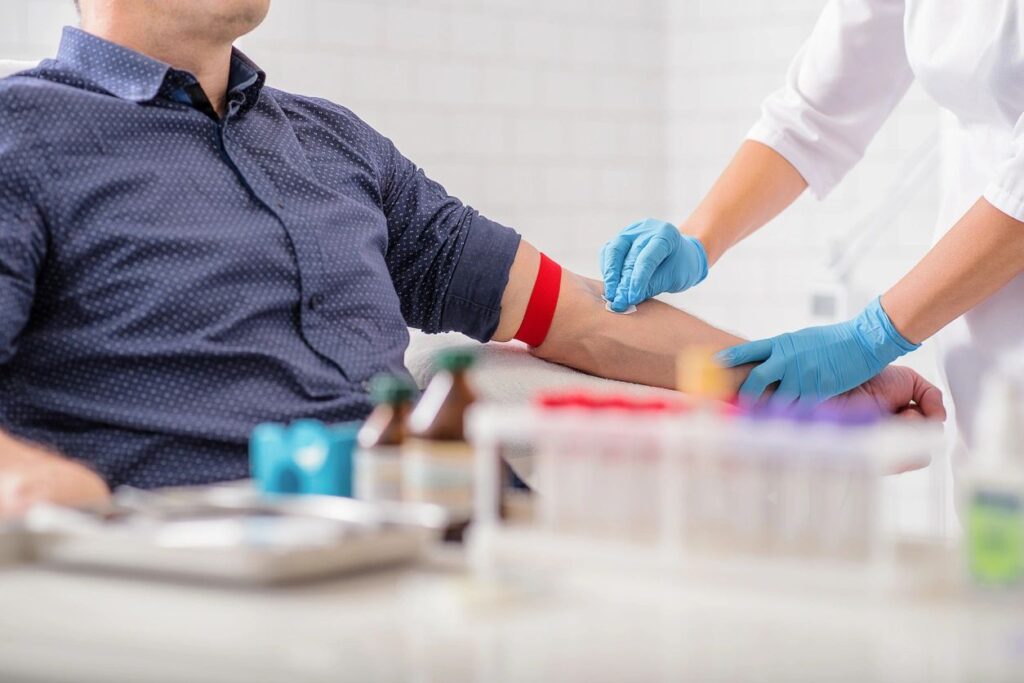Meigs Health Today: HIV Awareness


Meigs Health Today: HIV Awareness
By Sherry Hayman, RN, Public Health Nurse
June 27th was National HIV Testing Day (NHTD). HIV is a virus spread through certain body fluids that attacks the body’s immune system, specifically the CD4 cells, often called T cells. Over time, HIV can destroy so many of these cells that the body can’t fight off infections and disease. These special cells help the immune system fight off infections. Untreated, HIV reduces the number of CD4 cells (T cells) in the body. This damage to the immune system makes it harder and harder for the body to fight off infections and some other diseases. Opportunistic infections or cancers take advantage of a very weak immune system and signal that the person has AIDS.

No effective cure currently exists, but with proper medical care, HIV can be controlled. The medicine used to treat HIV is called antiretroviral therapy or ART. If people with HIV take ART as prescribed, their viral load (amount of HIV in their blood) can become undetectable. If it stays undetectable, they can live long, healthy lives and have effectively no risk of transmitting HIV to an HIV-negative partner through sex. Before the introduction of ART in the mid-1990s, people with HIV could progress to AIDS in just a few years. Today, someone diagnosed with HIV and treated before the disease is far advanced can live nearly as long as someone who does not have HIV.
The only way to know for sure whether you have HIV is to get tested. Knowing your status is important because it helps you make healthy decisions to prevent getting or transmitting HIV. Some people may experience a flu-like illness within 2 to 4 weeks after infection. But some people may not feel sick during this stage. Flu-like symptoms include fever, chills, rash, night sweats, muscle aches, sore throat, fatigue, swollen lymph nodes, or mouth ulcers. These symptoms can last anywhere from a few days to several weeks. If you have these symptoms, that doesn’t mean you have HIV. Each of these symptoms can be caused by other illnesses. But if you have these symptoms after a potential exposure to HIV, see a health care provider and tell them about your risk. The only way to determine whether you have HIV is to be tested for HIV infection.
The Meigs County Health Department offers rapid HIV testing. The test is done with an oral swab and provides results in a matter of minutes. Call 740-992-6626 Monday thru Friday from 8am to 4pm for an appointment.






